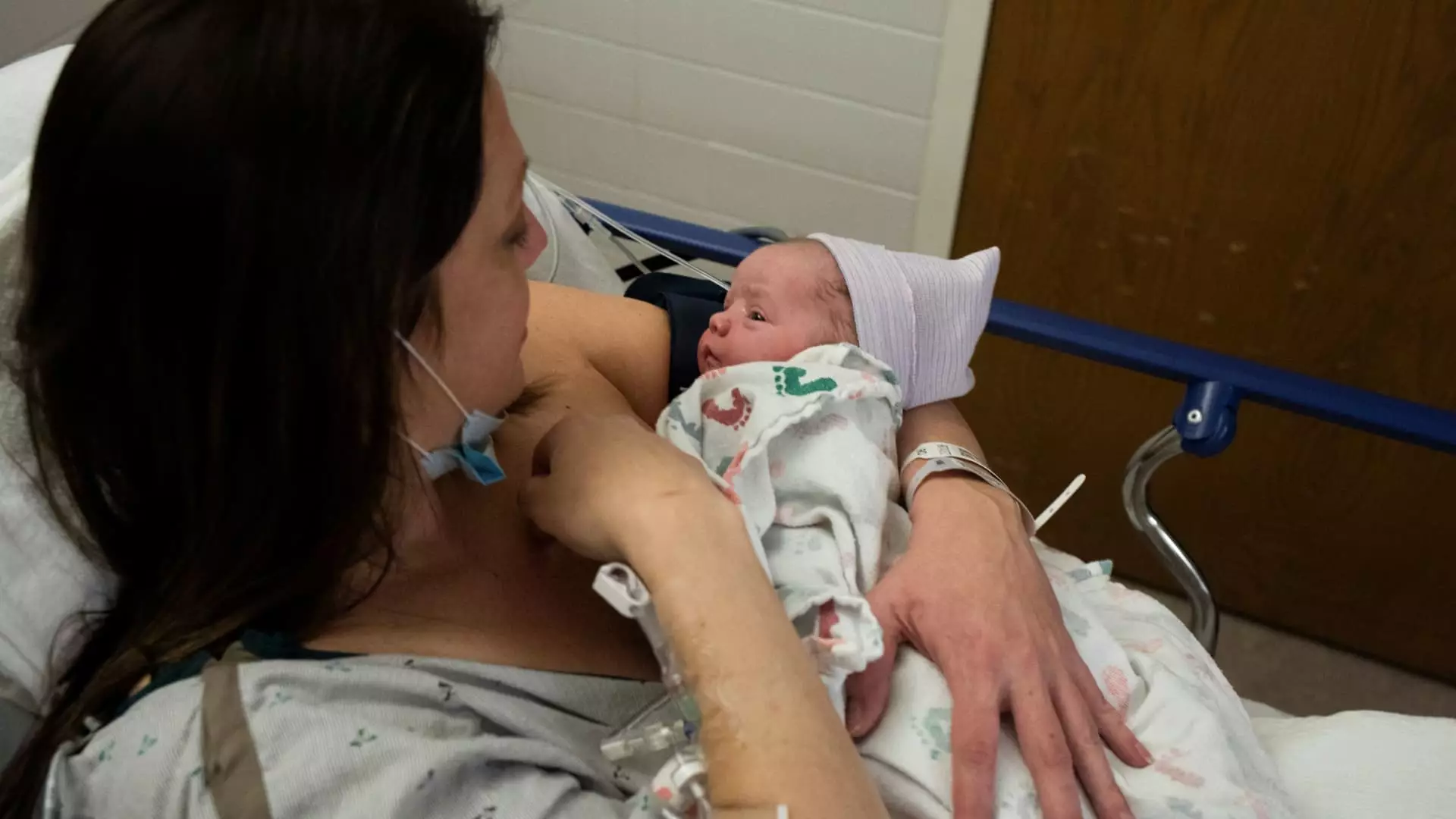The landscape of American demographics is shifting dramatically, and the implications are profound and alarming. With a fertility rate hovering around a mere 1.6 births per woman—well below the 2.1 threshold necessary for population sustainability—America is teetering on the edge of a demographic abyss. Melissa Kearney, an economics professor at the University of Maryland, ominously warns, “Our population will, in the not too distant future, start to decline.” This statement should ring alarm bells, not only for policymakers but also for every American, as it signals impending economic and societal challenges that could have ripple effects across generations.
The Economic Quagmire Ahead
A diminishing birth rate isn’t just a statistic; it has tangible consequences. Fewer people entering the workforce means there will be an inadequate support system for crucial programs such as Social Security and Medicare, which rely heavily on a balanced worker-to-retiree ratio. Brad Wilcox, a sociology professor at the University of Virginia, underscores the urgency of this dilemma by stating that “kind of dramatic declines in fertility” will inevitably drag down economic strength and diminish the nation’s capacity to fund vital public services. This trend presents a perplexing paradox: as Americans increasingly value individual success and career advancement, they simultaneously jeopardize the social safety nets they will one day rely upon.
Attempts to Reverse the Trend: A Fleeting Mirage
In response to the alarming statistics, lawmakers from both sides of the aisle have been flailing to introduce various financial incentives aimed at encouraging higher fertility rates. Proposals like lump-sum payments of $5,000 for each newborn and tax credits have been pitched as panaceas, but experts remain skeptical of their effectiveness. Kearney argues that such incentives are unlikely to reshape the long-term decision-making processes surrounding parenthood, emphasizing that having a child is not simply a one-time financial decision but an 18-year commitment that involves much more than immediate rewards. It requires a shift in mindset, and no amount of monetary compensation can change this fundamental aspect of life.
More Than Just Finances
Another critical factor impacting fertility is the societal perception of parenthood itself. The demographic paradigm is transforming; young adults are increasingly prioritizing education, financial stability, and career ambitions over starting a family. Wilcox points out that this shift does not merely correlate with financial uncertainty but suggests a more intricate web of cultural values that complicates traditional views on parenthood. The lingering effects of economic crises, like the Great Recession, have contributed to a generational hesitation toward parenthood that is further exacerbated by the pursuit of personal achievements.
Unexpectedly, the expected “rebound” in birth rates following economic recovery didn’t materialize after the Great Recession. This deviation from historical patterns has caught demographers off guard and forced them to question existing theories on demographic behavior. It signifies a societal change so intricate that merely enhancing financial support may not suffice in reversing the trend.
A Stagnant Future? Cultural Baggage and Unrealized Potential
The shift in consciousness surrounding parenthood suggests that America may be facing a crisis that extends well beyond economics. You can provide all financial incentives imaginable, but if the cultural narrative positions parenthood as a hindrance to personal success, then those incentives may fall flat. For many, the joy and fulfillment that come with raising a family are being overshadowed by fears of diminished personal freedom and the societal pressures to continually achieve.
As we stand at this historic crossroads, understanding the nuances of declining fertility rates must drive the conversations around family and work-life balance. To fabricate simplistic solutions to a multi-faceted issue risks undermining not only future generations but also the very fabric of American society. If we wish to foster an environment where families can thrive, a broader dialogue must ensue—one that encompasses financial, cultural, and emotional complexities surrounding the decision to have children.

